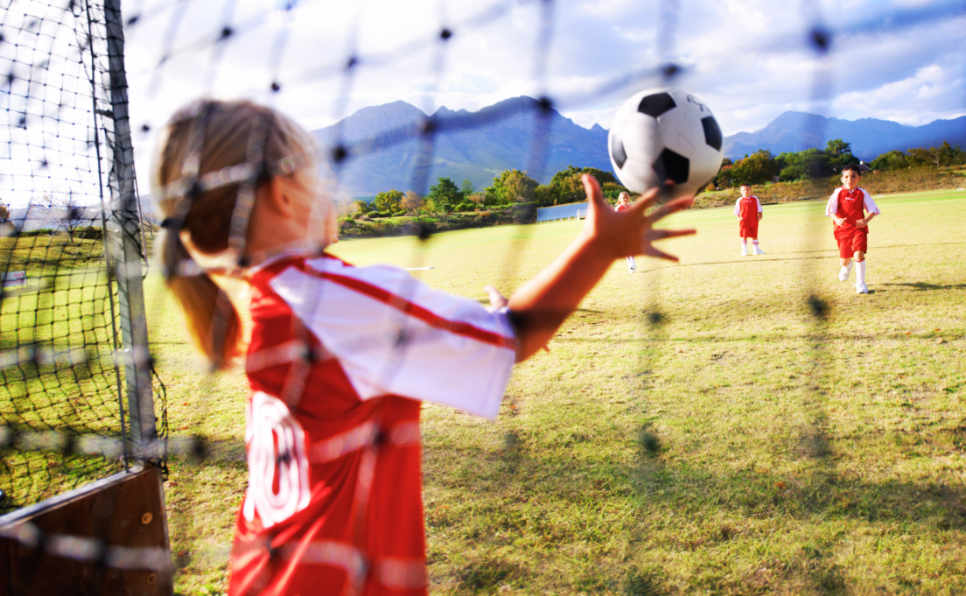When we talk about getting back into the game after an injury or intense training, not everyone’s journey is the same.
Some athletes seem to bounce back as if by magic, while others take a longer route to recovery.
It’s tempting to chalk it up to sheer willpower or a better ice pack, but the truth is, genetics plays a huge role in how quickly an athlete can return to their peak condition.
Understanding the DNA behind recovery isn’t just for the pros; it’s crucial knowledge for anyone looking to optimize their physical health.
Genetics of Athletic Recovery
Understanding DNA’s Role in Physical Healing
At its core, genetics is about the instructions your body follows to repair and grow.
These instructions can significantly impact how fast you recover from exercise.
Variations in your DNA can mean the difference between needing a few days or a few weeks to recover fully from the same workout.
- Muscle Repair and Growth: Certain genes control how your muscles repair themselves and grow stronger. When you know which variations you have, you can understand your body’s natural recovery process better.
- Inflammatory Response: Your genes also influence how your body responds to injury and inflammation, a big part of the recovery process. Some genetic variations can lead to a faster or more efficient inflammatory response, meaning quicker recovery.
The Physiology of Athletic Recovery
Muscle Recovery and Genetic Influence
The process your muscles go through to recover after injury is complex.
It’s not just about healing but about becoming stronger and more resilient. Genetics can influence the types of muscle fibers you have and how quickly they repair themselves.
- Fiber Composition: Your muscle fiber type, whether you’re more prone to fast-twitch or slow-twitch fibers, affects how you perform and recover from different types of exercise.
- Efficiency of Repair: Some people’s muscles repair and build new fibers more efficiently, thanks to their genetic makeup.
Inflammation and Immune Response
Your body’s response to inflammation is a crucial part of recovery. Genetics play a role in how your immune system reacts, which can speed up or slow down the recovery process.
- Immune Response: Genetic markers can predict how your body will react to the stress, including inflammation and the activation of the immune system.
Genetic Testing and Personalized Recovery Plans
The Rise of Genetic Testing for Athletes
Nowadays, athletes at all levels can access genetic testing to gain insights into their unique recovery needs.
These tests can offer a peek into how your body might react to different training intensities and recovery strategies.
- Benefits: Understanding your genetics can help tailor your training and recovery plans for optimal performance.
- Limitations: While genetic testing can provide valuable insights, it’s not the end-all-be-all. Environmental and lifestyle factors also play a significant role in recovery.
Tailoring Recovery Strategies to Genetic Profiles
With genetic information in hand, athletes and coaches can create personalized recovery plans that cater to an individual’s unique needs.
Beyond Genetics: Environmental and Lifestyle Factors
Your environment and how you live your life can influence how your genes express themselves. Nutrition, sleep, and stress all interact with your genetics in ways that affect your recovery.
Lifestyle Choices: Making informed choices about diet, sleep, and stress management can help you maximize your genetic potential for recovery.
Optimizing Recovery Through Holistic Approaches
A holistic approach to recovery considers both your genetic predispositions and the factors you can control, like diet and lifestyle.
Looking ahead, the field of genetics holds exciting possibilities for athletic recovery.
From gene editing to advanced biomarker tracking, we’re just scratching the surface of how deeply we can understand and influence the recovery process.
Final Thoughts
The journey to quick and efficient recovery is more complex than just time and effort.
Genetics plays a key role in shaping this process, influencing everything from muscle repair to immune response.
By combining insights from genetic testing with a holistic approach to training and lifestyle, athletes can unlock their full recovery potential.
As we look to the future, the integration of genetic knowledge into athletic training and recovery promises to open new doors to personalized health and performance optimization.
While genetics provides the blueprint, how you build on that foundation with your lifestyle choices can make all the difference in your recovery journey.
For Further Reading
- The genetics of sports injuries and athletic performance – Muscles Ligaments Tendons J.
- Genetic influences on athletic performance. – Curr Opi Pediatr
- Genetic variation and exercise-induced muscle damage: implications for athletic performance, injury and ageing – Eur J Appl Physiol
- Influence of Genetics on Sports Injuries – Journal of Novel Physiotherapies

Dr. Renu Bala is a pioneering genetic researcher focused on neonatal and maternal health. Currently, a Post Doctoral Research Associate at the University of Exeter, UK, working on Diabetes and Depression. Her previous innovative studies have revealed key insights into the socio-demographic and nutritional factors influencing Preterm birth. Her work in substantial genetic awareness projects in India, along with her published research, underscores her significant contributions to the field.





